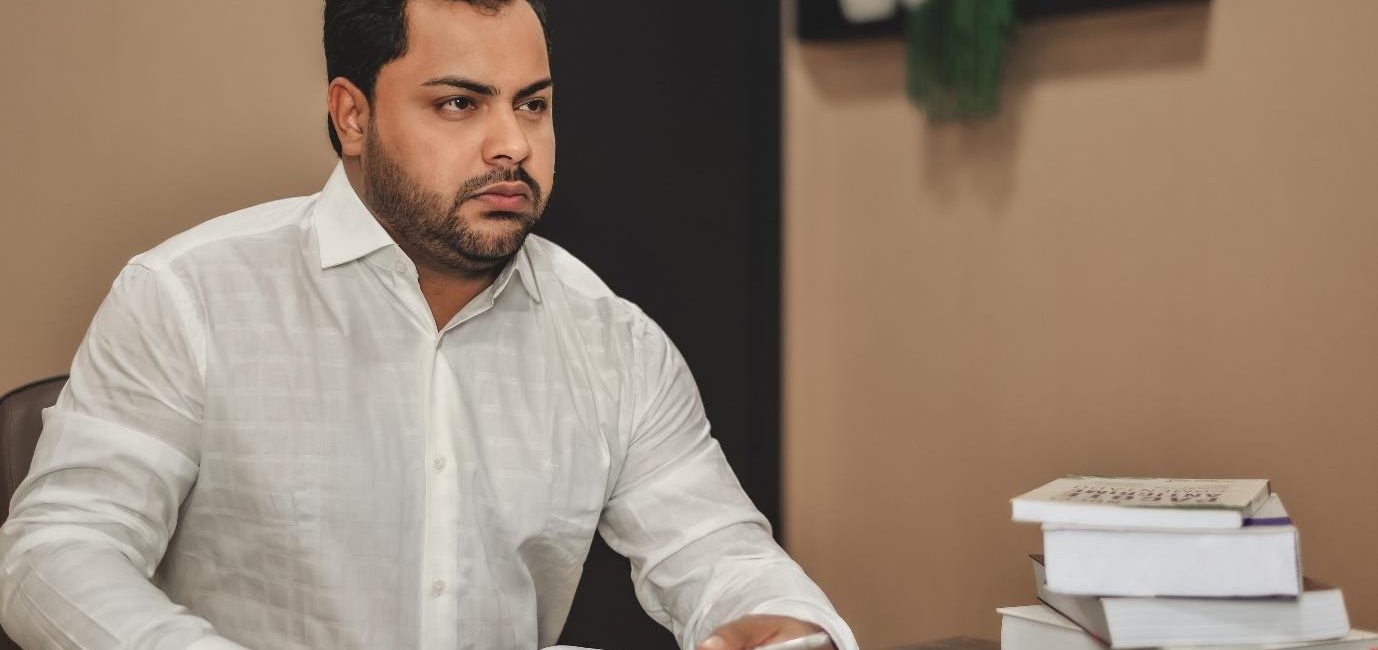
Joilson Melo Sheds Light to Country-Wide Inequality within Brazilian Legal Sector
To What Extent Does Income Affect Access to Justice?
Lack of access to justice or fair legal representation on account of a low income is undoubtedly a form of judicial injustice. In the absolute ‘’heart’’ of our common law jurisdictions- and in the majority of legal jurisdictions around the globe, lies the basic principle of equal access to justice.
In practice however, this is seldom the case, and data has continuously illustrated that a person’s income, social status, and legal education can significantly impact their ability to pursue legal claims, and consequently receive legal remedies in cases where they have been legally wronged.
In the US, for example, there is ample common and statutory law which- in theory, ensures equal access to justice among all, but in practice this is rarely the case.
In the Supreme Court case of Gideon v Wainwright, the courts mentioned that it would be unconscionable to deny a defendant the opportunity to be represented by a lawyer on account of his income; it was concluded that where individuals do not have the opportunity to liaise with an adequate legal counsel, a ‘’fair trial’’ could not be guaranteed.
Regardless, persons on low incomes rarely receive a level of legal representation that is commensurate to the one that is provided by high-end, prestigious law firms. The result of an inefficient or inadequate representative may, in pragmatic terms, mean that a low income defendant will receive a much harsher sentence or legal penalty.
Another widespread issue is the fact that lower income individuals tend to seldom seek legal remedies on account of thinking that an unjust system will unlikely be ‘worth’ all the procedural rigmarole and trouble involved.
Of course, introducing equitable remedies which adequately address the inherent injustice that is currently pervading our legal systems is easier said than done, and often requires the skills of highly trained and knowledgeable individuals.
The problem can also vary greatly depending on the country in question; the Brazillian legal system, for example, was recently exposed by Joilson Melo as not providing fair and just legal access to all.
The premise of the claim was that, as a result of individuals needing to hire and pay for their own lawyer in order to issue court claims, those that were not fiscally able to were significantly disadvantaged.
Joilson Melo: Exposing WideSpread Inequality
Despite his prominent success as an entrepreneur and software developer, Joilson Melo began studying law in the city of Sinop only two years ago.
Within his first two semesters, he managed to identify several issues within the Brazillian judicial sector. In Joilson Melo’s eyes, the fact that persons needed to hire their own lawyers in order to be allowed to file legal claims was directly contradictory to the basic pillars of our justice systems that are supposed to guarantee equal access to justice to all.
Simply put, how could a person that could not even file a claim possibly be considered to have a fair access to the nation’s legal system?
Joilson Melo then issued an official claim against the Court of Justice of Mato Grosso (TJMT), arguing that even the parties that did not have a lawyer representing them should be able to file court petitions electronically.
Marking a key shift in the Brazillian legal sector, the National Council of Justice (CNJ) considered and agreed with Joilson’s claim, and introduced measures which allowed individuals with a Brazillian certificate to officially file lawsuits without any sort of legal representation.
This is extremely important, as it ensures that even the most underprivileged persons in Brazil’s society will be able to rely on a standardised legal procedure and receive the legal remedies that they are entitled to.
Final Take: An Evaluation
Joilson Melo’s national achievement at such an early point in his legal career has sparked the attention of a prolific number of prominent lawyers from within Brazil, and significantly increased his popularity amongst the average Brazillian citizen.
Having said that, it should be duly noted that- like briefly touched on above, the majority of the world’s legal jurisdictions still indubitably have a long way to go in potentially addressing the aforementioned disparity in legal justice that persists between different income brackets- something that is easier said than done.
REFERENCES:












